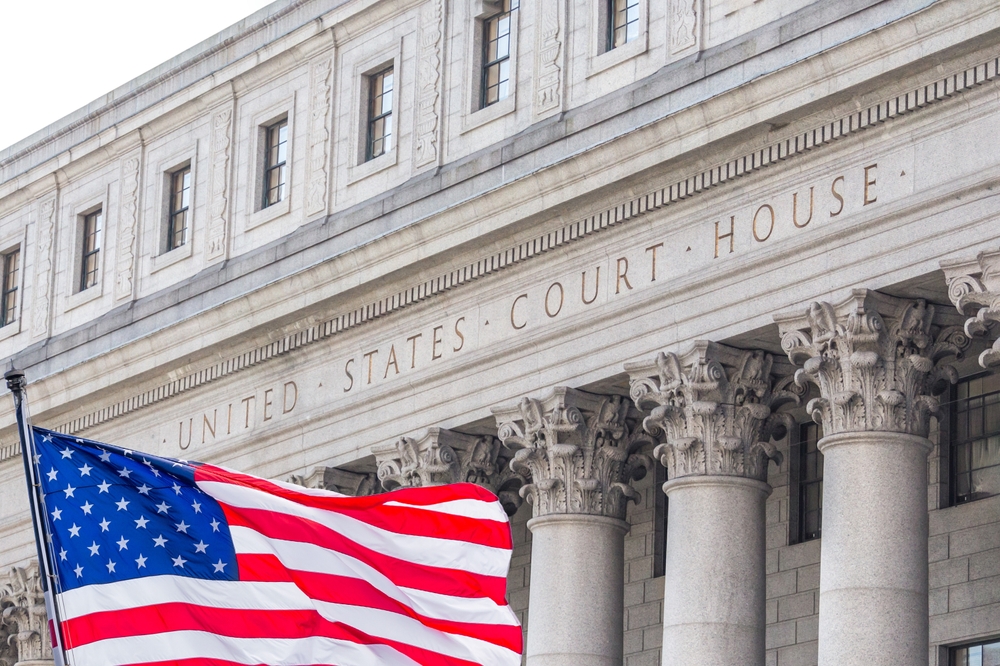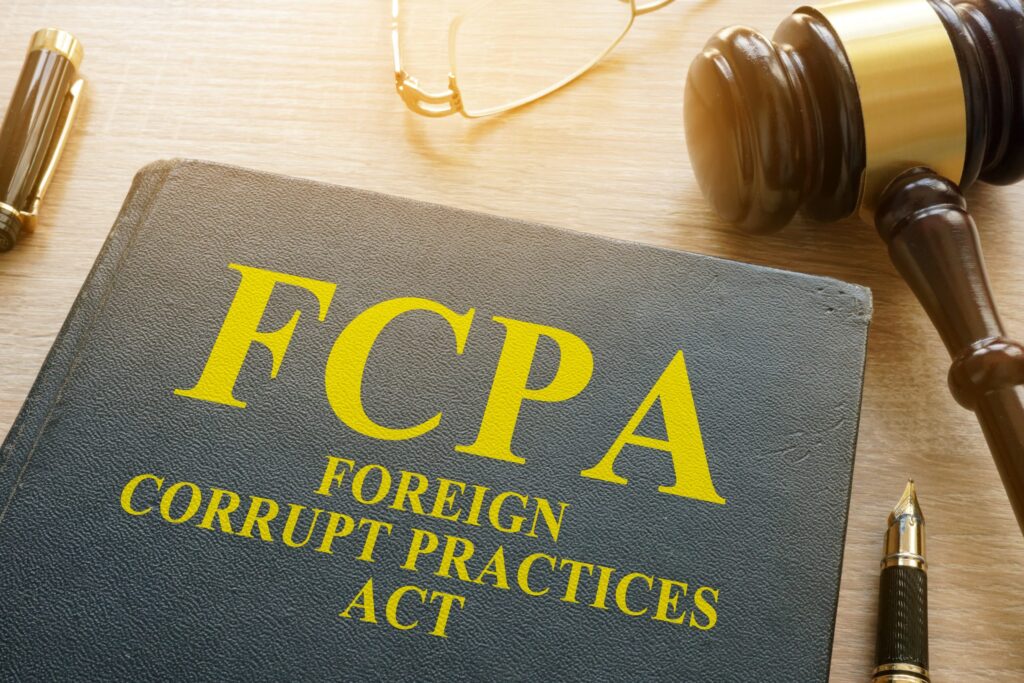On February 10, 2025, the White House issued an executive order titled “Pausing Foreign Corrupt Practices Act Enforcement to Further American Economic and National Security.” This order, enacted by President Donald J. Trump, temporarily halts enforcement of the Foreign Corrupt Practices Act (FCPA), a significant law that has governed U.S. anti-bribery efforts since 1977. As business owners or high-net-worth individuals—whether currently under investigation or striving to maintain compliance—this development has immediate relevance to your operations. Below, we outline the main points of this executive order and explain its practical implications based on the official documentation.
Key Points of the Executive Order
- Temporary Suspension of New FCPA Actions: The order directs the Attorney General to pause the initiation of any new FCPA investigations or enforcement actions for 180 days, starting February 10, 2025. This pause, which runs until approximately August 9, 2025, can be extended by an additional 180 days at the Attorney General’s discretion. During this period, no new cases will begin unless the Attorney General approves an exception.
- Review of Existing Cases: All ongoing FCPA investigations and enforcement actions are now subject to a detailed review. The Attorney General is tasked with assessing these cases to ensure they align with “proper bounds” of enforcement and preserve the President’s foreign policy authority. This review could lead to adjustments or resolutions in current matters.
- Updated Enforcement Guidelines: Within the 180-day window, the Attorney General must develop and issue revised guidelines or policies for FCPA enforcement. These updates will aim to prioritize American economic competitiveness, national security, and efficient use of federal resources, while reinforcing the President’s authority over foreign affairs under Article II of the Constitution. After these guidelines are issued, any future or continued FCPA actions will require specific authorization from the Attorney General.
What is the Rationale for the Pause?
The executive order states that the FCPA, which prohibits U.S. companies and citizens from bribing foreign officials to secure business advantages, has been “stretched beyond proper bounds.” It argues that current enforcement practices harm U.S. economic competitiveness and national security by limiting American companies’ ability to compete globally, particularly in sectors like critical minerals and infrastructure.
Implications for Business Owners and High-Net-Worth Individuals
The White House’s pause on FCPA enforcement marks a notable shift in U.S. anti-bribery policy, reflecting a focus on economic and national security priorities. For business owners and high-net-worth individuals, it offers a temporary respite from new DOJ actions and a chance to reassess existing cases, but it does not erase the broader legal landscape. As of March 17, 2025, the full implications hinge on the Attorney General’s next steps—steps that will redefine how American businesses operate globally. With Padula Law by your side, you can stay proactive and informed, ensuring your business thrives in this evolving environment.
For business leaders and high-net-worth individuals, this pause introduces both opportunities and considerations, depending on your current situation. Here’s what it means for you:
- If You’re Under Investigation: If your business or personal dealings are already subject to an FCPA investigation, this pause offers a potential reprieve. The mandated review of existing cases could result in a reassessment of your matter, possibly leading to reduced scrutiny or alternative resolutions. However, the outcome depends on the Attorney General’s findings and the forthcoming guidelines, which remain undefined as of March 17, 2025. This period could be a strategic moment to consult legal counsel and prepare for how your case might be evaluated under the new framework.
- If You’re Focused on Compliance: For those aiming to stay compliant and avoid FCPA issues, the pause does not eliminate the need for robust anti-bribery measures. The FCPA itself remains a valid law, enforceable by Congress, and this executive order only affects Department of Justice (DOJ) actions—not the Securities and Exchange Commission (SEC), which oversees public companies, nor other U.S. laws like the Foreign Extortion Prevention Act. Additionally, many foreign jurisdictions, such as the UK with its Bribery Act, maintain their own anti-corruption regimes. Your international operations could still face legal risks abroad, making ongoing compliance efforts essential.
Impact on Global Competitiveness
The stated goal of enhancing American economic competitiveness may resonate with businesses seeking strategic advantages in foreign markets. The order suggests a shift away from prosecuting “routine business practices in other nations,” potentially allowing more flexibility in how you navigate international deals. However, until the revised guidelines are released, the exact scope of permissible activities remains unclear.
What Lies Ahead: How the FCPA Landscape May Shift
With the initial 180-day pause nearing its halfway mark as of mid-March 2025, and a possible extension looming, the FCPA enforcement landscape could remain in flux through early 2026. This uncertainty underscores the importance of staying informed as new policies emerge. Once the Attorney General issues updated guidelines, any FCPA actions—new or ongoing—will require explicit approval, potentially streamlining enforcement but also introducing a higher bar for prosecution.
What You Should Do Now
- Monitor Developments: Keep an eye on updates from the DOJ regarding the review process and forthcoming guidelines. These will shape the future of FCPA enforcement and could directly affect your business strategy.
- Review Compliance Programs: While DOJ enforcement is paused, the underlying legal obligations of the FCPA and other anti-corruption laws persist. Ensure your internal controls and training programs remain effective to mitigate risks, especially in cross-border dealings.
- Engage Legal Expertise: Whether you’re under investigation or proactively managing compliance, an FCPA attorney can help you interpret this pause and prepare for its aftermath.
How Padula Law and Michael Padula Can Help
Navigating the complexities of this FCPA enforcement pause requires tailored legal guidance, and Padula Law is here to assist. Led by Michael Padula, a former DOJ prosecutor and an experienced attorney with deep expertise in white-collar defense and regulatory compliance, our firm specializes in helping business owners and high-net-worth individuals address FCPA-related challenges. Whether you’re currently under investigation and need strategic counsel during this review period, or you’re seeking to strengthen your compliance program to stay ahead of evolving regulations, Michael Padula offers personalized solutions to protect your interests.
- For Those Under Investigation: Michael can analyze your case, anticipate potential outcomes of the DOJ’s review, and advocate on your behalf to leverage this pause effectively.
- For Compliance-Focused Clients: Padula Law can audit your existing policies, ensure alignment with U.S. and international anti-corruption laws, and prepare your business for the new FCPA guidelines expected later in 2025.
Contact Padula Law today at (888) 574-5155 to schedule a consultation with Michael Padula. Let us help you turn this period of uncertainty into an opportunity to safeguard your business and secure your global operations.

